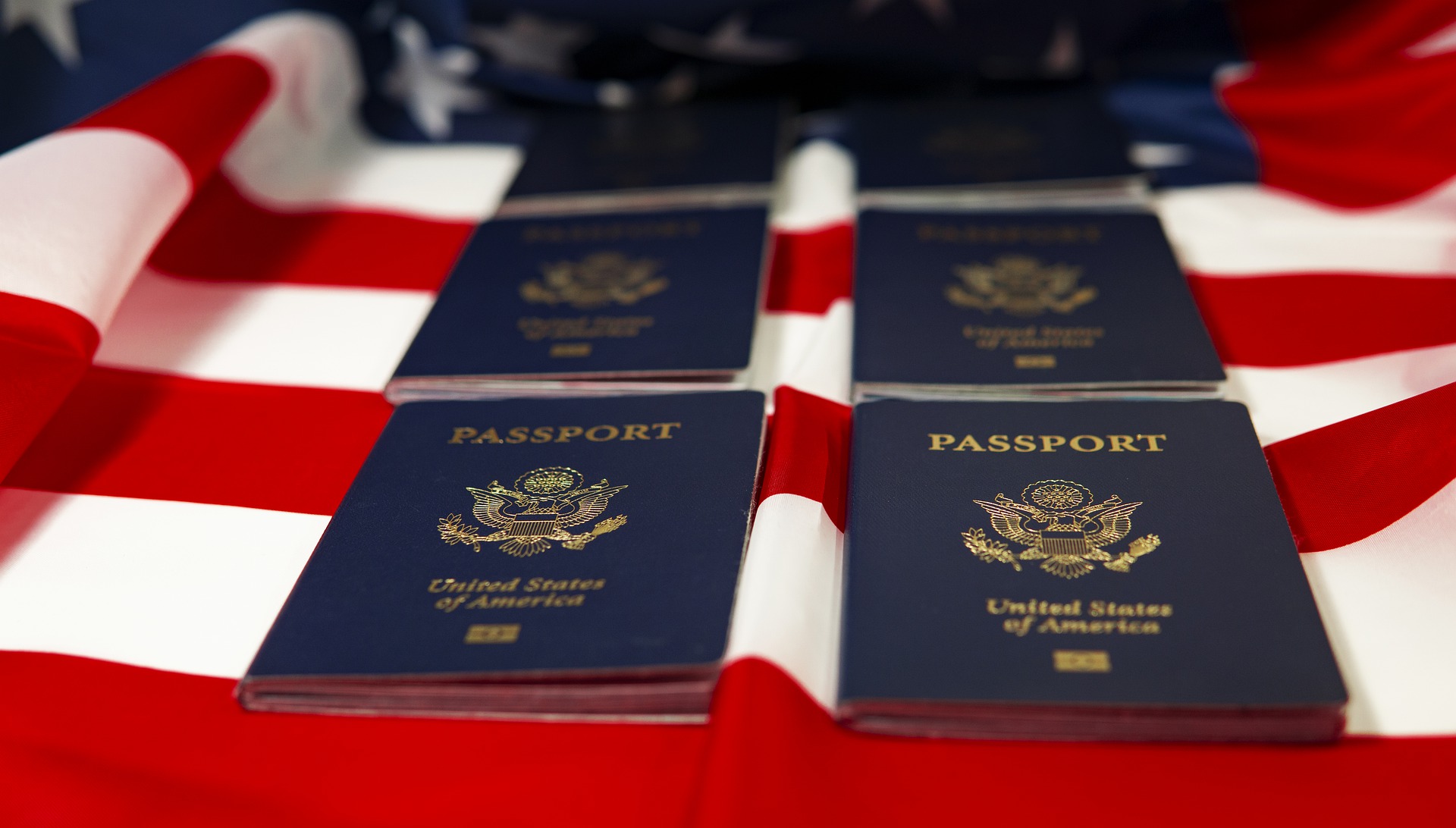In this blog post we share with you some happy news for first time Temporary Protected Status (TPS) applicants from Venezuela, Syria, and Burma.
The Department of Homeland Security (DHS) has announced that it is extending the initial registration periods for applications under the Temporary Protected Status (TPS) designations for Venezuela, Syria, and Burma (Myanmar), from 180 days to 18 months.
Foreign nationals eligible to file initial (new) applications under the Temporary Protected Status (TPS) designations for Venezuela, Syria and Burma (Myanmar), will now have up to 18 months to submit their requests, up from 180 days, according to a recent Federal Register notice that has been published in the Federal Register by USCIS. The registration periods, which were to expire this fall, are being extended by the Department of Homeland Security (DHS) in an effort to ensure that eligible applicants have an opportunity to obtain TPS and to reduce operational burdens on U.S. Citizenship and Immigration Services (USCIS) by spreading out applications over a period of time.
The new 18-month filing periods align with the TPS designation for each country and are in keeping with the filing periods recently allotted in for Yemen, Haiti, and Somalia TPS designations.
What does the new filing extension allow me to do?
This new filing extension will allow eligible individuals to submit an initial Form I-821, Application for Temporary Protected Status, application for an Employment Authorization Document (Form I-765 work permit), and application for Travel Permission (Form I-131) (if desired) at any time during the 18-month designation or redesignation periods for these three countries.
 Visa Lawyer Blog
Visa Lawyer Blog











